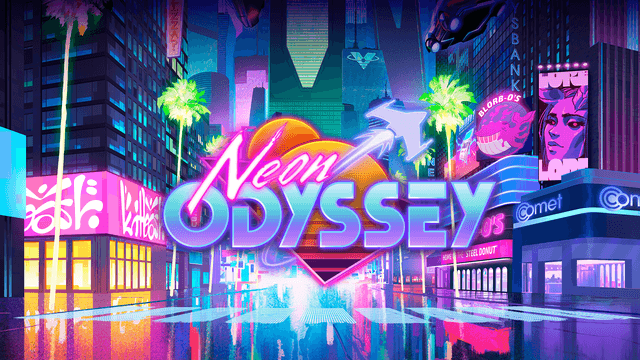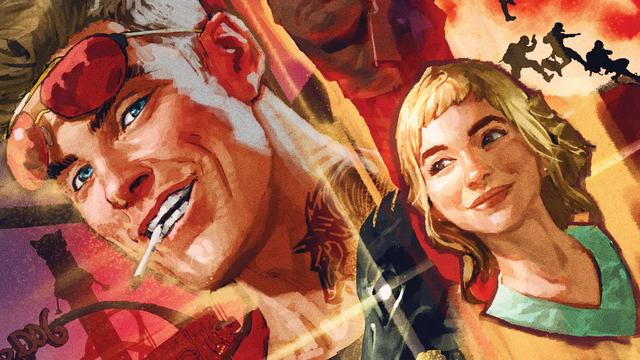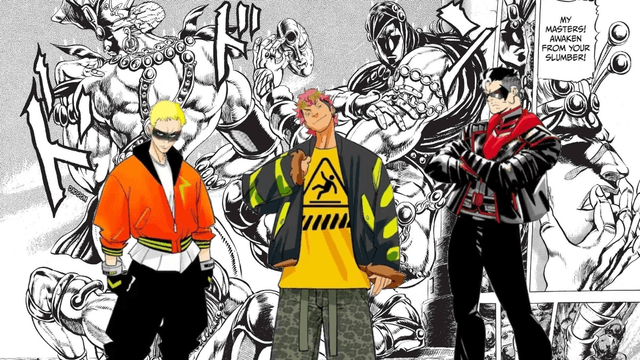If you click on a link and make a purchase we may receive a small commission. Read our editorial policy.
Marvel Comics killed the X-Men in 1987 to reset the franchise - but it didn’t stick
1987's 'Fall of the Mutants' was intended to change the status quo of Marvel's X-Men, so why didn't it happen?

Popverse's top stories
- The big ask George R.R. Martin had for HBO & A Knight of the Seven Kingdoms showrunner Ira Parker
- Frank Miller developed a Daredevil TV show in the '90s, and when they said no he did it in comics anyway
- Scream 7: release date, cast, Ghostface killers, trailer, and how it connects to the original movies
Following massive success the year before with the ‘Mutant Massacre’ storyline that linked up multiple comic books throughout the line, Marvel Comics had the great idea to up the stakes at the end of 1987: ‘Fall of the Mutants’ would once again span the X-Men comic book line, and would change the status quo in a significant way… except, as it turned out, things didn’t quite work out the way anyone was expecting.
To be fair, ‘Fall of the Mutants’ was far from a re-run of 1986’s ‘Massacre’ storyline. For one thing, it wasn’t one singular story that the three X-Men comics of the era — Uncanny X-Men, X-Factor, and The New Mutants — would be part of. Instead, it was an overall banner for three separate stories in each series, unified by thematic elements and one singular ambition. As X-Men assistant editor Terry Kavanagh put it in 1987’s Marvel Age #58, “This set of stories, collectively called ‘The Fall of the Mutants,’ is bigger than the massacre stories of a year ago, more far-reaching… The end result of ‘The Fall’ is to level out mutant hysteria, but it won’t solve the situation.”
Prior to this story, the tone of the three titles was becoming overwhelmingly dark as anti-mutant bigotry was playing a larger and larger part, especially in both Uncanny X-Men and X-Factor; a subplot running through both series featured a potential government bill that would force mutants to register with the authorities, with attendant fears of what that might entail.

The solution, via ‘Fall of the Mutants,’ was to reposition the mutant groups inside the Marvel Universe as obvious heroes: in X-Factor, the group would publicly save New York City from destruction and be adopted as heroes by the city, while Uncanny X-Men would feature the outcast team literally sacrifice their lives in Dallas in a nationally televised event to save reality itself. (They were fine, don’t worry; their death was a magical feint, and they were reborn in Australia without the world knowing, because comics.) The New Mutants storyline, while darker — one of the team is killed — nonetheless ends with the characters choosing to become superheroes and fight evil.
In 1987, the iconic Teenage Mutant Ninja Turtles cartoon debuted - and all our lives were changed. Watch this reunion of the original voice actors:
As a franchise makeover, it was a clear move away from the darkness and into the light — and yet, within a year, the X-Men comics had introduced an even more racist dystopian setting in the island of Genosha, transformed New York City into a demonic hellscape, and were speeding towards segregating the team almost entirely from the rest of the Marvel Universe. So… what happened?
The problem might have been, ironically, that ‘Fall of the Mutants’ was too successful. As Uncanny X-Men writer Chris Claremont would explain years later, “We thought the world would go back to the way it was before, and in a year or two, we might come up with another idea. But then a higher authority looked at the numbers and circumstances, the retailers and fans wanted another one, so we were told to do it again, now. And it sold even better. As the writer, it was incredibly frustrating.”
1986 might have been the year that the fans realized how exciting it was when the various X-Men characters came together to solve a common problem, but it turns out that 1987 was the year when the various X-Men writers realized that they had accidentally created a bigger problem for themselves — and doomed the X-Men to years of misery in the process. After all, it’s what the fans really wanted.

Get your wide-shoulder blouses and your Members-Only jackets, and go back in time with Popverse's Made in 87. Highlights include:
- Marvel Comics killed the X-Men in 1987 to reset the franchise - but it didn’t stick
- The Full House cast addresses some of the series’ biggest continuity errors
- How Spider-Man’s Macy’s Thanksgiving Day Parade balloon was saved by a fired Marvel boss — and Ronald McDonald
- How NBC panicked after Diane left Cheers — and why Kirstie Alley’s casting sparked a quiet battle inside the hit show
- How Bart Simpson was quietly toned down from being "so mean" before The Simpsons' first episode, as revealed by his long-time voice actor Nancy Cartwright
- The 1987 Justice League reboot that made superheroes weird, hilarious, and unexpectedly human
- How The Golden Girls became a staple at gay bars in the 80s
Follow Popverse for upcoming event coverage and news
Find out how we conduct our review by reading our review policy
Let Popverse be your tour guide through the wilderness of pop culture
Sign in and let us help you find your new favorite thing.
















Comments
Want to join the discussion? Please activate your account first.
Visit Reedpop ID if you need to resend the confirmation email.